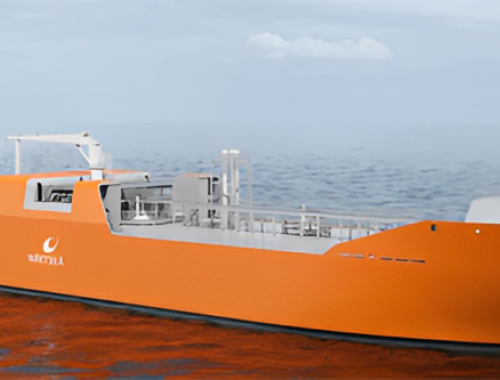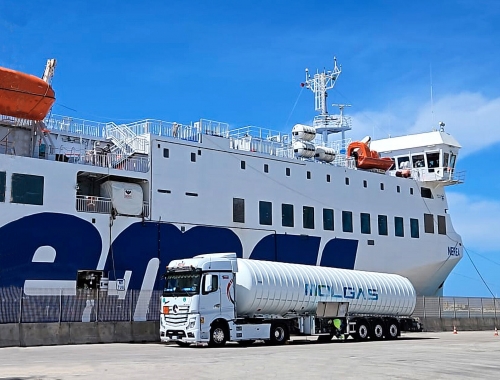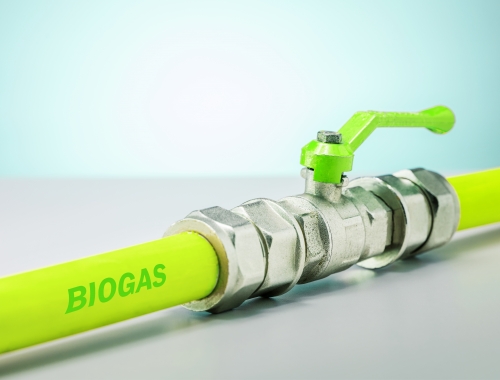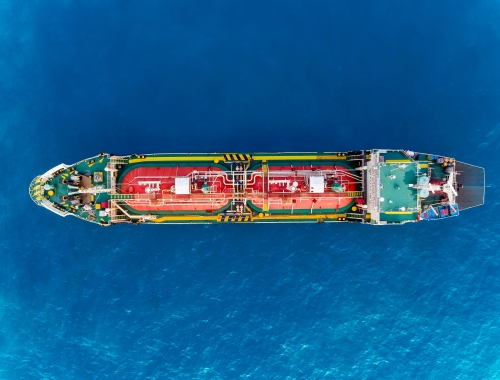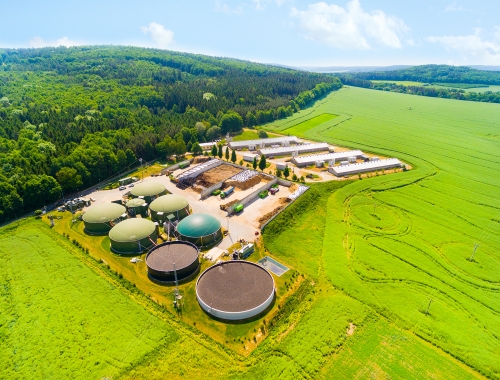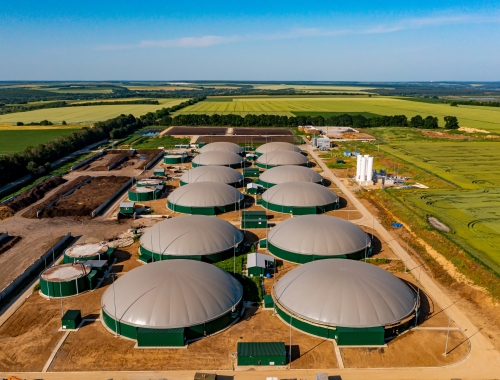JP Morgan head calls for energy Marshall Plan for Europe
SUMMARY
The CEO calls for the US to ramp up LNG supply to Europe, and for Europe to increase its own gas production.
By Gas PathwaysPOSTED IN:
The CEO of JP Morgan has called for a "Marshall Plan" for Europe that would help the continent wean itself off Russian gas.
The US has already pledged to provide the EU with an extra 15bn m3 of LNG in 2022 to help the bloc overcome its reliance on Russian gas imports. The European Commission has unveiled an ambitious plan to cut Russian supplies by as much as two thirds within a year.
In his annual letter to shareholders, Jamie Dimon said the plan was needed "to ensure energy security for us and our European allies."
"Our European allies, who are highly dependent on Russian energy, require our help," he said. "For such a plan to succeed, we need to secure proper energy supplies immediately for the next few years, which can be done while reducing CO2 emissions."
The Marshall Plan was a US initiative launched in 1948 to provide foreign aid to war-ravaged west Europe. The US provided an estimated $13bn, or the equivalent of around $115bn today, to economic recovery programmes in the region.
Dimon pointed to the risk of a supply disruption, and noted that bringing extra natural gas to Europe would not undermine climate objectives, as these supplies could be used to displace coal. The US needs to ramp up LNG supplies to Europe "immediately," he said, but it should urge Europe to increase its own gas production as well.
"To do this, we also need immediate approval for additional oil leases and gas pipelines, as well as permits for green energy projects; i.e, solar and wind," he said. "We cannot accomplish goals with misguided and counterproductive policies."
Constraints on capital flow need to be done away with to fund less carbon-intensive oil and gas supply and investments in innovations such as carbon capture and sequestration, and there also needs to be a massive scale-up in clean technology investments, Dimon said. Governments needed to take a leadership role in spurring investment in low-carbon technologies, by supporting R&D and cutting permitting times for energy infrastructure such as wind and solar plants and LNG facilities.
The CEO also called for more financing towards tackling fugitive methane emissions and eliminating flaring.
"There is no silver bullet to meet the world's energy and climate goals," he said. "But we can start by prioritising emissions reductions, developing meaningful short- and long-term goals and crafting innovative policy solutions. The curve towards net zero can still be bent before it's too late."

